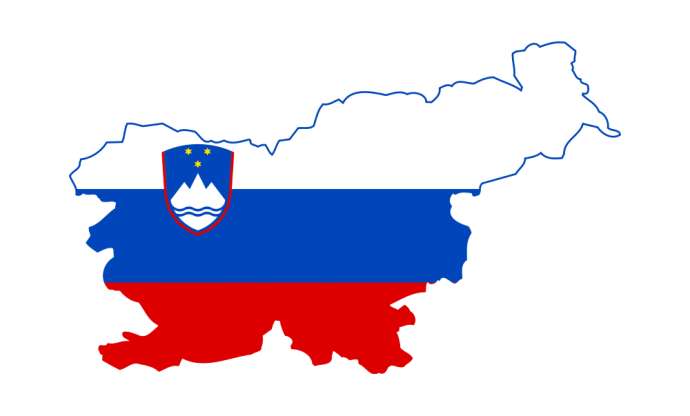STA, 6 April 2020 - Slovenia is marking this week 30 years since holding its first free multi-party elections. The winning coalition of parties that formed an opposition to the Communist Party and its affiliates, would lead the country to independence a year later. Speaking today, two officials elected at the time say the country has not realised its full potential.
The late 1980s Slovenia, then still part of Yugoslavia, saw a buzz of burgeoning efforts by scholars, authors, cultural workers and some politicians pushing for the country to introduce a pluralist democratic system and market economy and to break away from the socialist federation.
Gathering momentum through a series of landmark events such as the publication of a manifesto for Slovenia's independence in the 57th volume of the literary journal Nova Revija, the JBTZ trial and the mass protests it triggered, the May Declaration calling for independence and the Slovenian delegation's walking out of the Communists of League of Yugoslavia, the campaign led to the first multi-party election on 8 April 1990.
On that day voters picked two-thirds of the delegates to the 240-member tricameral Assembly; 80 delegates to the socio-political chamber as the most important house, and 80 delegates to the chamber of local communities, with the election to the chamber of "associated labour" following on 12 April.
Of the 83.5% of the eligible voters who turned out, 54.8% voted for DEMOS, the Democratic Opposition of Slovenia, who brought together the parties that had been founded in the year and a half before as part of the democratic movement that demanded an end to the one-party Communist regime. DEMOS formed a government which was appointed on 16 April with Lojze Peterle as prime minister.
The winner among individual parties was the League of Communists of Slovenia - Party of Democratic Renewal (ZKS-SDP), the precursor to today's Social Democrats (SD). The party won 14 seats in the socio-political chamber, which would evolve into today's lower chamber, the National Assembly.
However, with the exception of the chamber of associate labour, DEMOS won a convincing victory in the then Assembly, winning 47 out of the 80 seats in the socio-political chamber, of which 11 were secured by the Slovenian Christian Democrats (SKD).
Along with parliamentary elections, Slovenians also cast their vote for the chairman and four members of the collective presidency. Milan Kučan, the erstwhile Communist leader, was elected chairman after defeating DEMOS leader Jože Pučnik in the run-off on 22 April with 58.59% of the vote. Matjaž Kmecl, Ciril Zlobec, Dušan Plut and Ivan Oman were elected members of the presidency.
Looking back, Plut says the time of Slovenia's first democratic election marked two sets of political change; the political system's change to democracy and the country's becoming independent. The party that would not support those two key goals had little chance of wining voters' trust, he has told the STA.
Plut led the Slovenian Greens, the party that won 8.8% of the vote in the 1990 election, which he says was the highest share of the vote among all green parties in Europe. He believes the reason the Greens would not repeat the feat again was that the right-wing faction prevailed following the party's joining DEMOS, which meant a party naturally favoured by left-leaning voters lost its voter base.
Asked whether the situation would be different today had Pučnik won the presidential run-off, Plut does not think it likely: "The voters had obviously made a well thought-through decision for a balance. DEMOS won the assembly, while Kučan was elected presidency chairman. The latter had a host of political experience, which came very handy at the time."
"Could anything be different? I don't know. We can only guess," Kmecl says when offered the same question. Kmecl, a Slovenian language scholar, literary historian and author, remembers the time of the first democratic election as euphoric, "however, it hasn't brought what we all thought it would".
Above all, he had expected more solidarity. "Instead, it all ended in terrible egotism. I have always argued that neo-liberalism is harmful for small entities such as the Slovenian nation because it works only by the logic of quantity and power."
Plut agrees that not everything went the way it should have following independence. Most of all, he believes that Slovenia has failed to capitalise on its position as the most successful of all post-social countries in terms of economic indicators at the time.
"The entire politics, DEMOS included, soon forgot the key motive behind independence - increasing the prosperity of Slovenia's citizens. Hence the rapid increase in social and regional differences. There's no coincidence that public opinion polls show Slovenia hasn't realised the potential of independence," says Plut.
"In politics in general, the interests of individual political parties have too often been more important than people's prosperity. There's a lack of awareness that it is the politicians who are responsible for people's prosperity," says Plut.
All our stories tagged Slovenian history are here







